The influence of every politician leaves marks throughout the history of our nation, as well as others. Many are the result of alliances as well as progression within our society. Henry Kissinger, a former United States Secretary of State who passed away recently at the age of 100, was no different. I caught up with WHS’ historian and APUSH teacher Mr. Leonardo, to learn more about who he was and how he shifted the course of history for our country, as well as those of others.

Although known for being a former Secretary of State and for winning a Nobel Peace Prize for negotiating the ceasefires contained in the Paris Peace Accords, Kissinger was also “the most influential diplomat and presidential advisor in modern US history.” During the Cold War Era, Kissinger saw the “rift” between China and the Soviet Union, countries who were both fighting against the United States until Soviet First Secretary Khrushchev’s De-Stalinization policies clashed with Mao Zedong’s pro-Stalinist policies, and decided to take action. “These negotiations culminated in Nixon’s visit to China…[and] are partly responsible for the deep and long-standing economic ties between China and the United States,” Mr. Leonardo explains.
As mentioned above, Kissinger was awarded a Peace Prize for his work. “His leadership in negotiations to withdraw US Troops from Vietnam,” Mr. Leonardo says, “won him a Nobel Peace Prize…the positive side to his legacy would be his impact on the ‘thawing of relations with China, also known as Détente.”
Although he was involved in the same negotiations to withdraw US Troops from Vietnam, he also played the role as a central cog in “expanding US involvement in Vietnam” as well as other countries.
His “commitment” to the concept that “ideas are powerful…in the case of Marxist-Leninism, must be combatted at all costs,” Mr. Leonardo stated. His beliefs led to the US intervening in “various democratically elected leaders” such as the democratically elected President of Chile, Salvador Allende, and subsequently led to the US covertly backing up a coup that led to the brutal treatment of Chileans under a military controlled dictatorship. CBS News writes, “he was also accused of alleged war crimes for the bombing of Cambodia during the Vietnam War, backing Pakistan’s genocide in Bangladesh, and green-lighting the Argentine dictatorship’s ‘dirty war’ against dissidents.”
According to NBC News, he was “one of the most singularly reviled public figures of his age…whose legacy is inextricably bound up with bloodshed around the world.”
Many of his opponents labeled him as a war criminal and called for him to face charges at the Hague.
Mr. Leonardo believes that “for someone who was very well-versed in European history, Kissinger got swept up in the belief that socio-economic ideologies like socialism or communism were the most powerful ideas and a serious threat to the United States,” when “in reality, we can see that nationalism was and still is the most powerful of ideas as it triumphed over Marxist and Leninist thought during the 20th century and continues to be a force for conflict in the 21st century.”



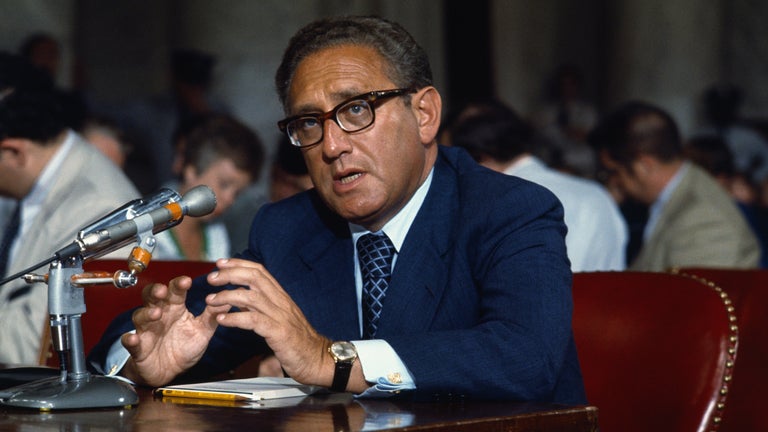

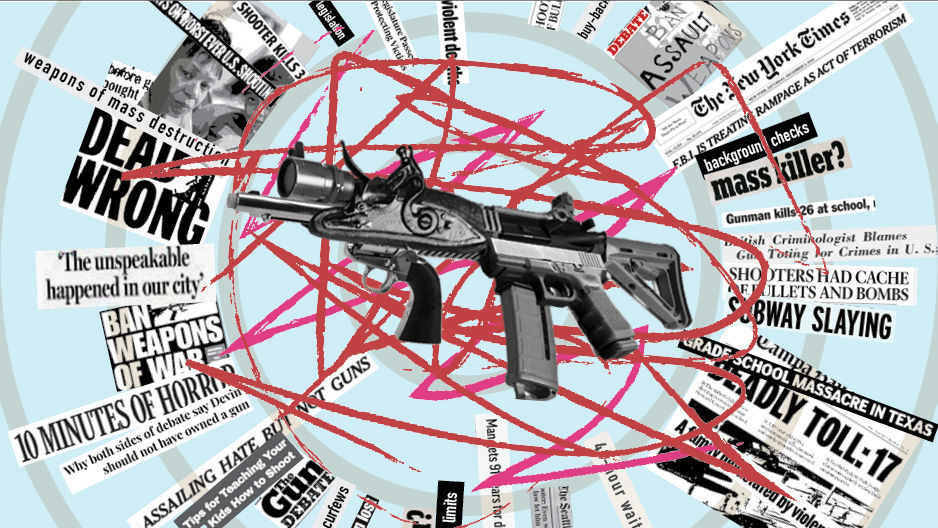
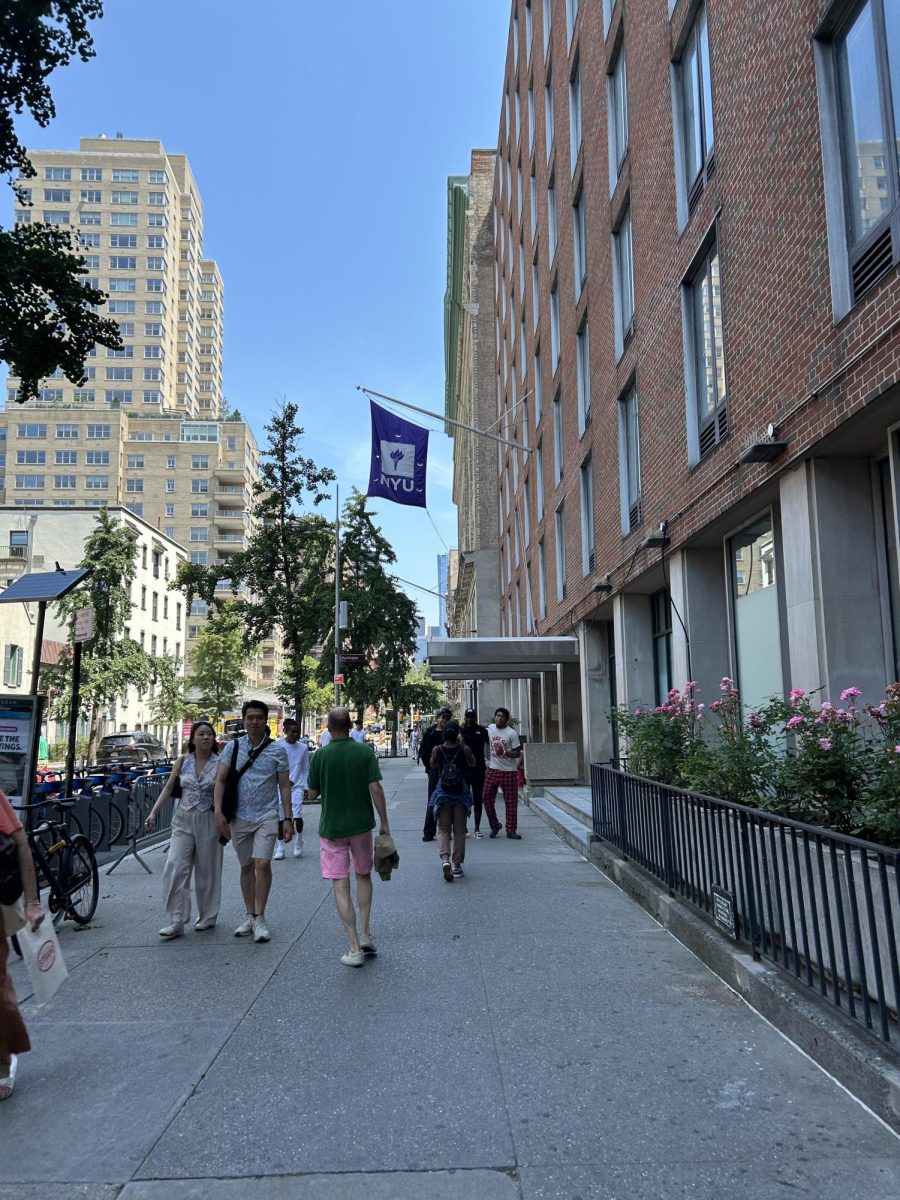

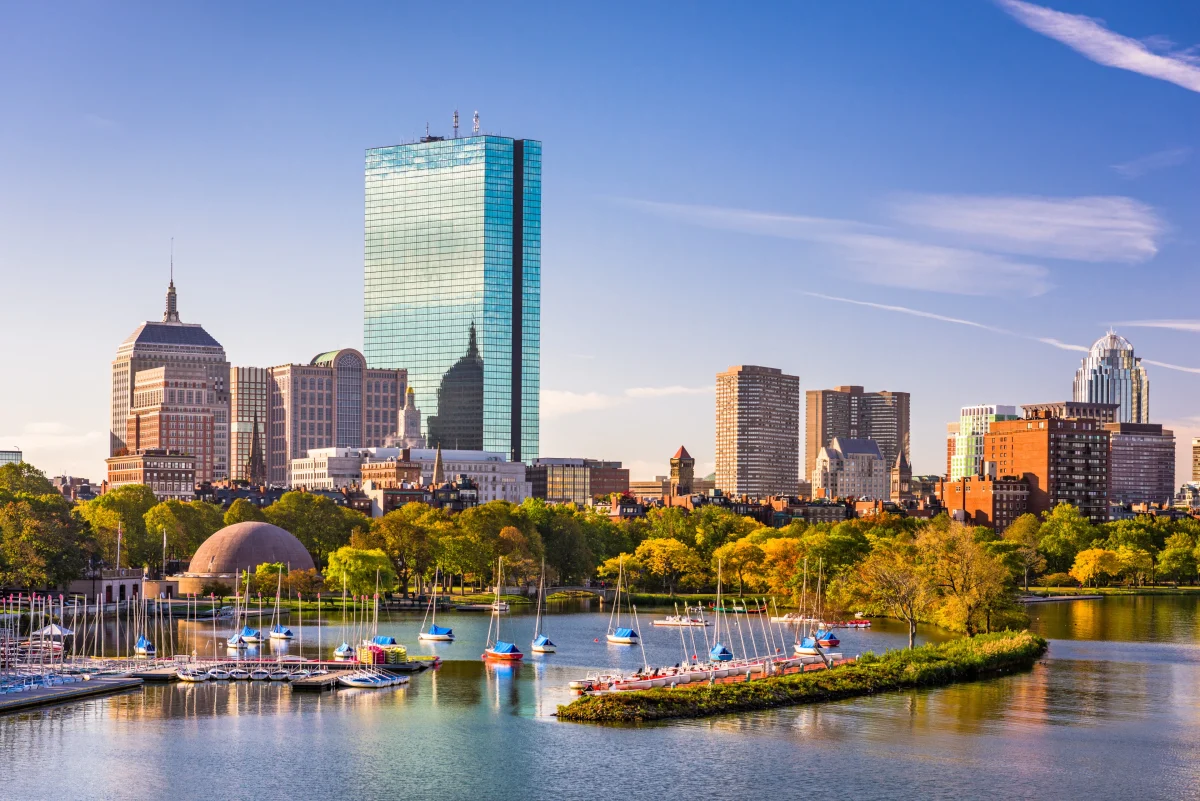
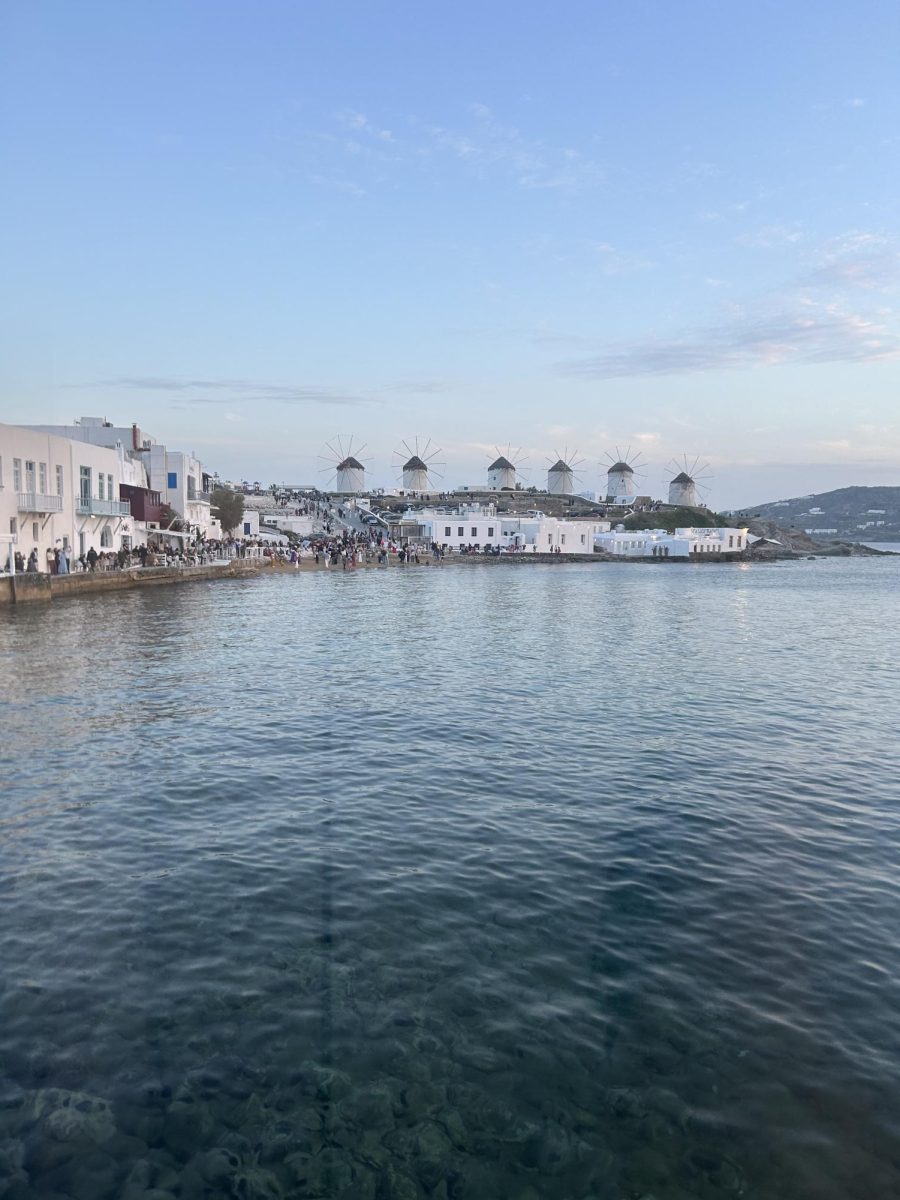
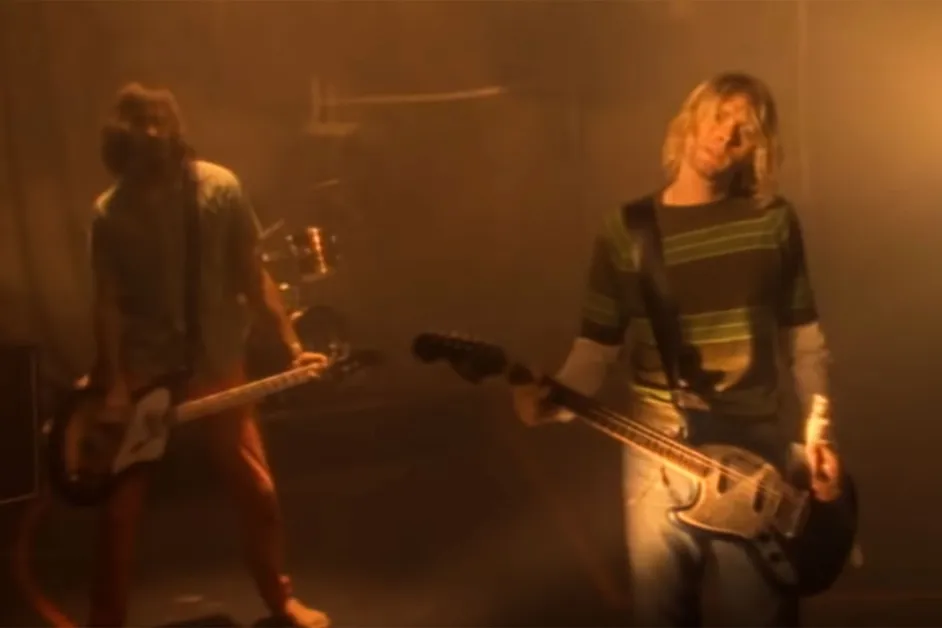
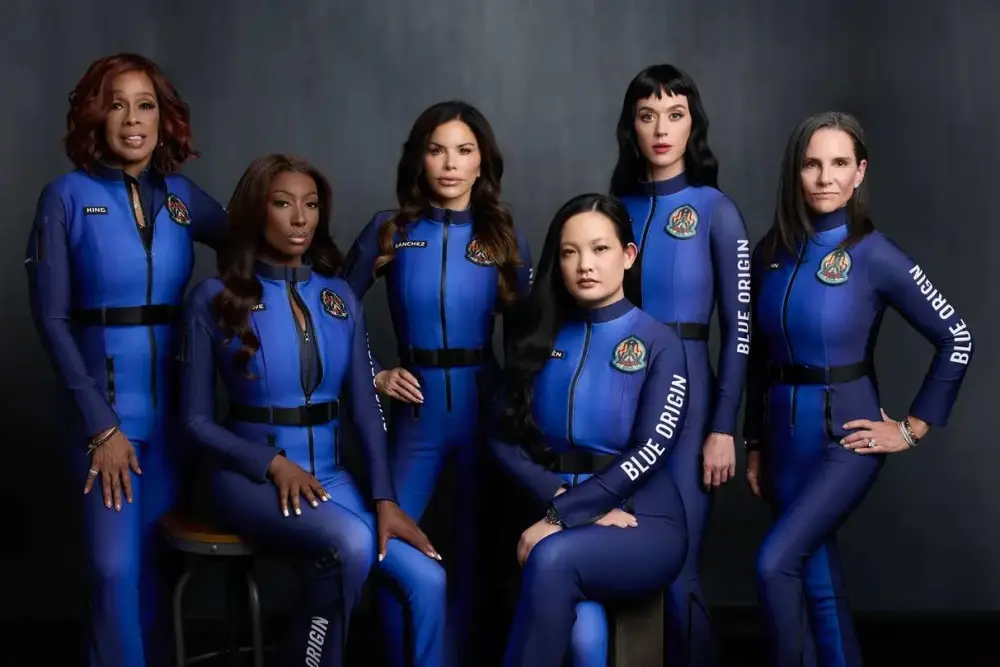
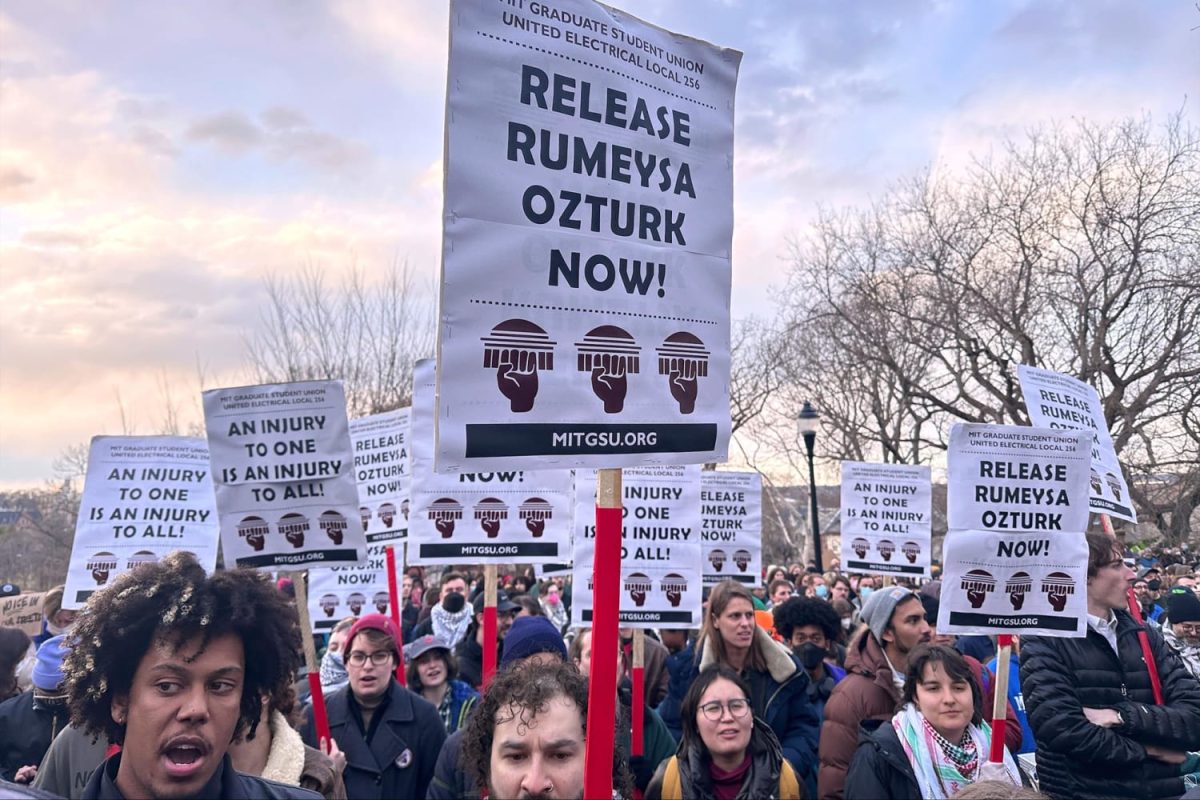
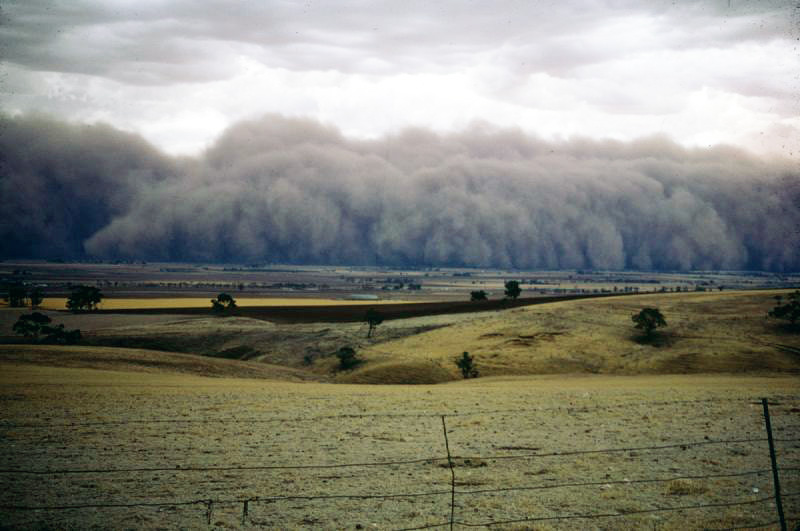

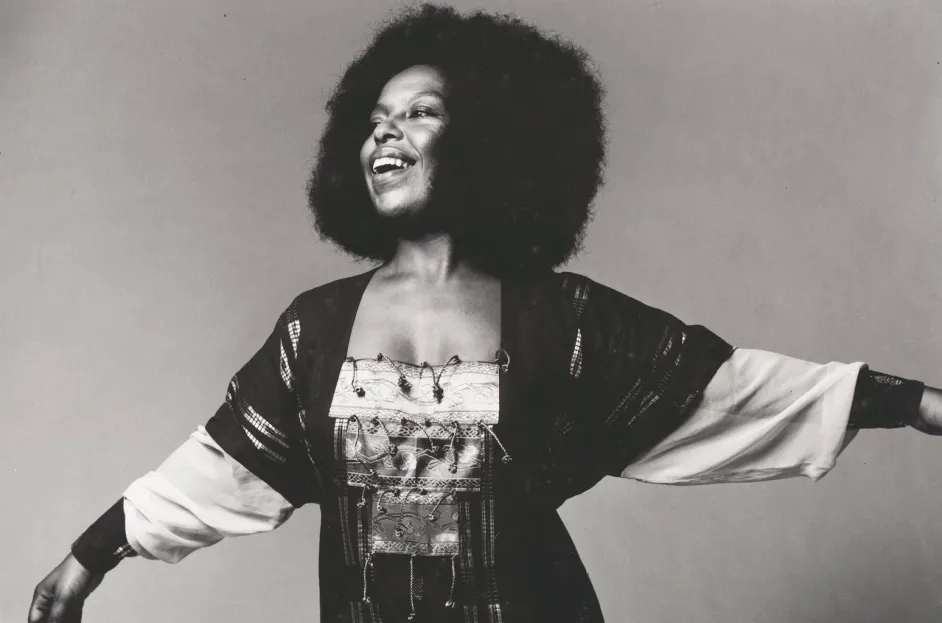

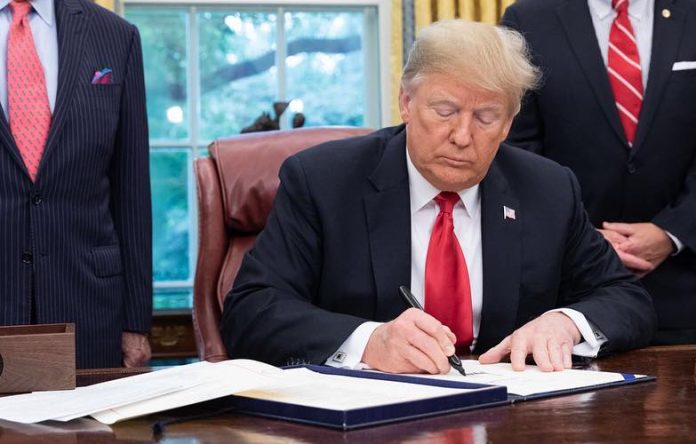
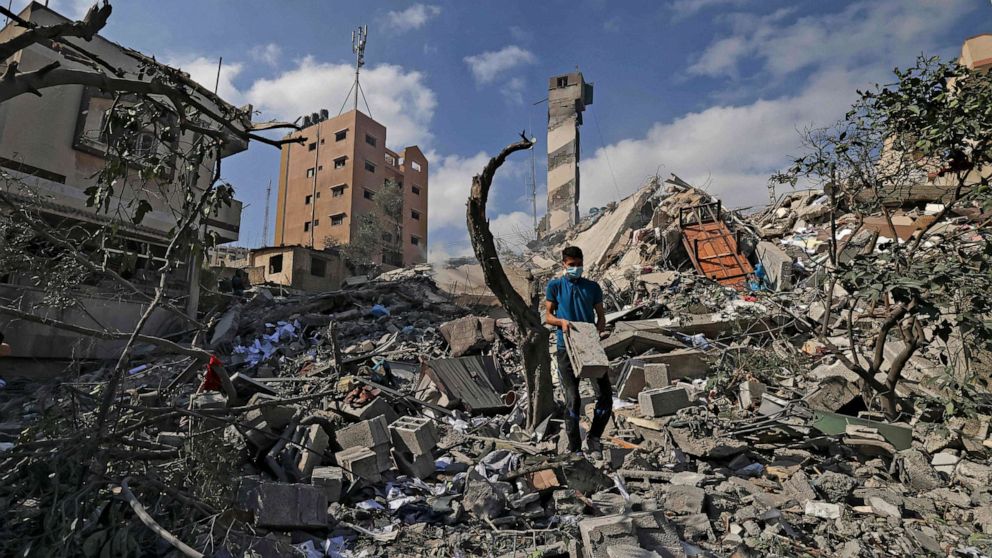
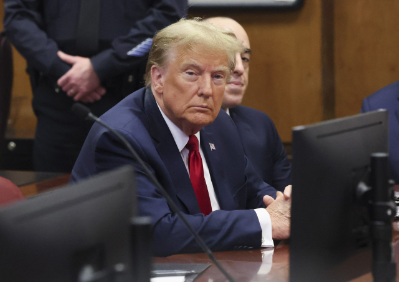
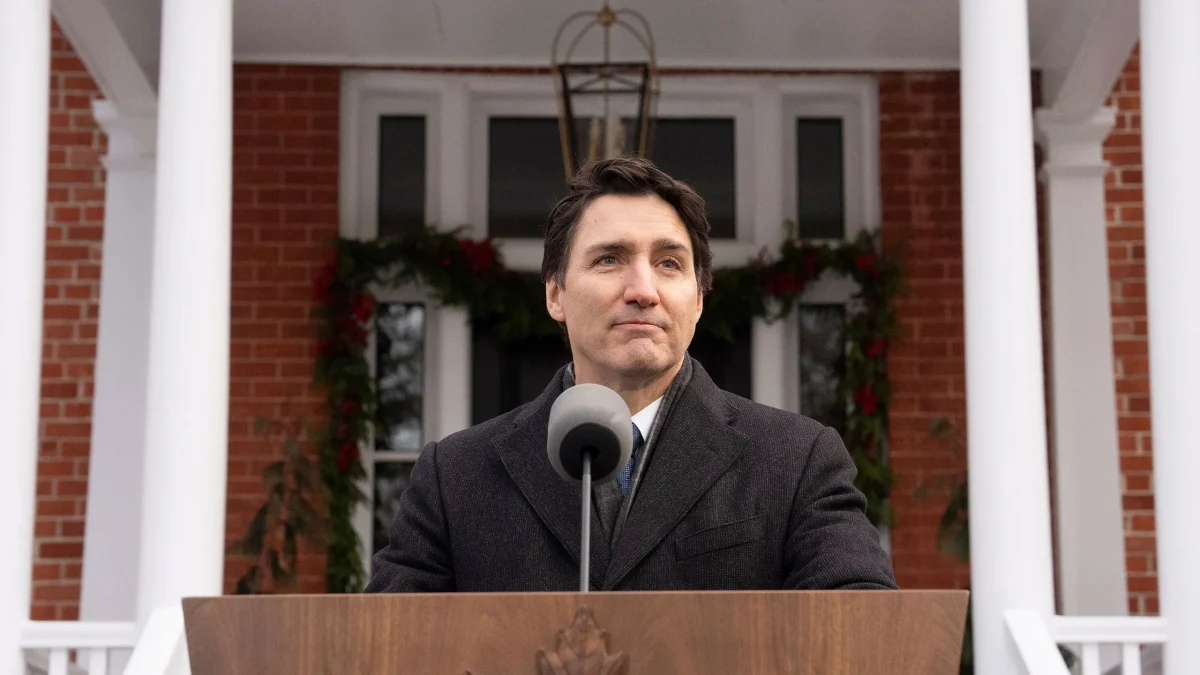
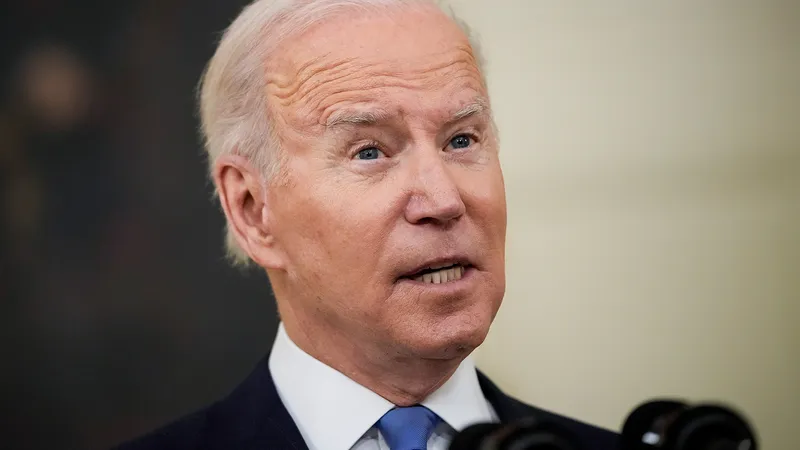
Mark W Dixon • Dec 22, 2023 at 9:43 pm
I’ll just put it this way: the fact that Henry Kissinger was awarded a Nobel PEACE Prize makes you wonder how one should redefine “peace.”
Kissinger was a brilliant man infected with a dangerous idee-fixe that led to more or less guaranteed war, and not just involving Americans; his ideas inflamed the world. Certainly an important and influential figure.